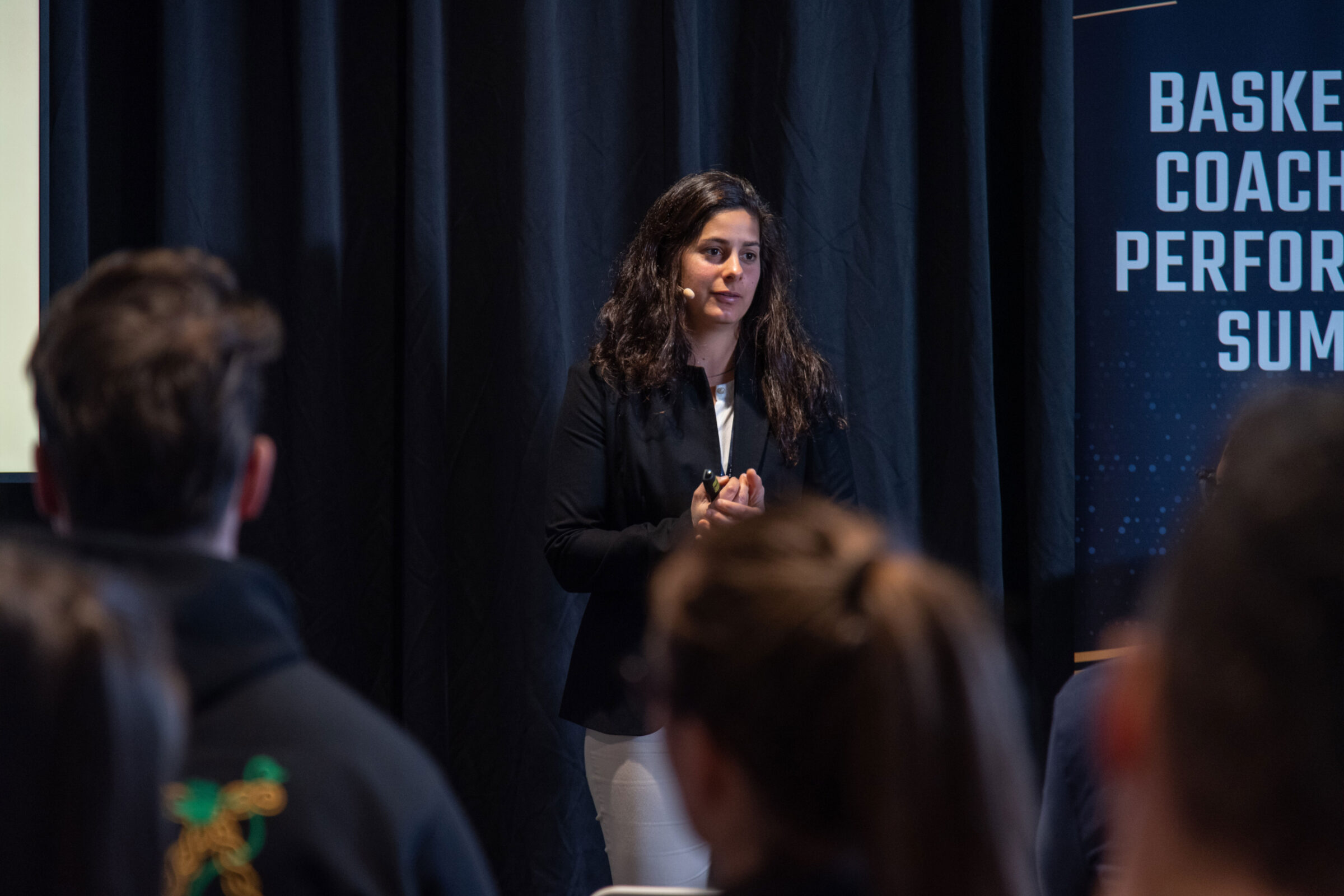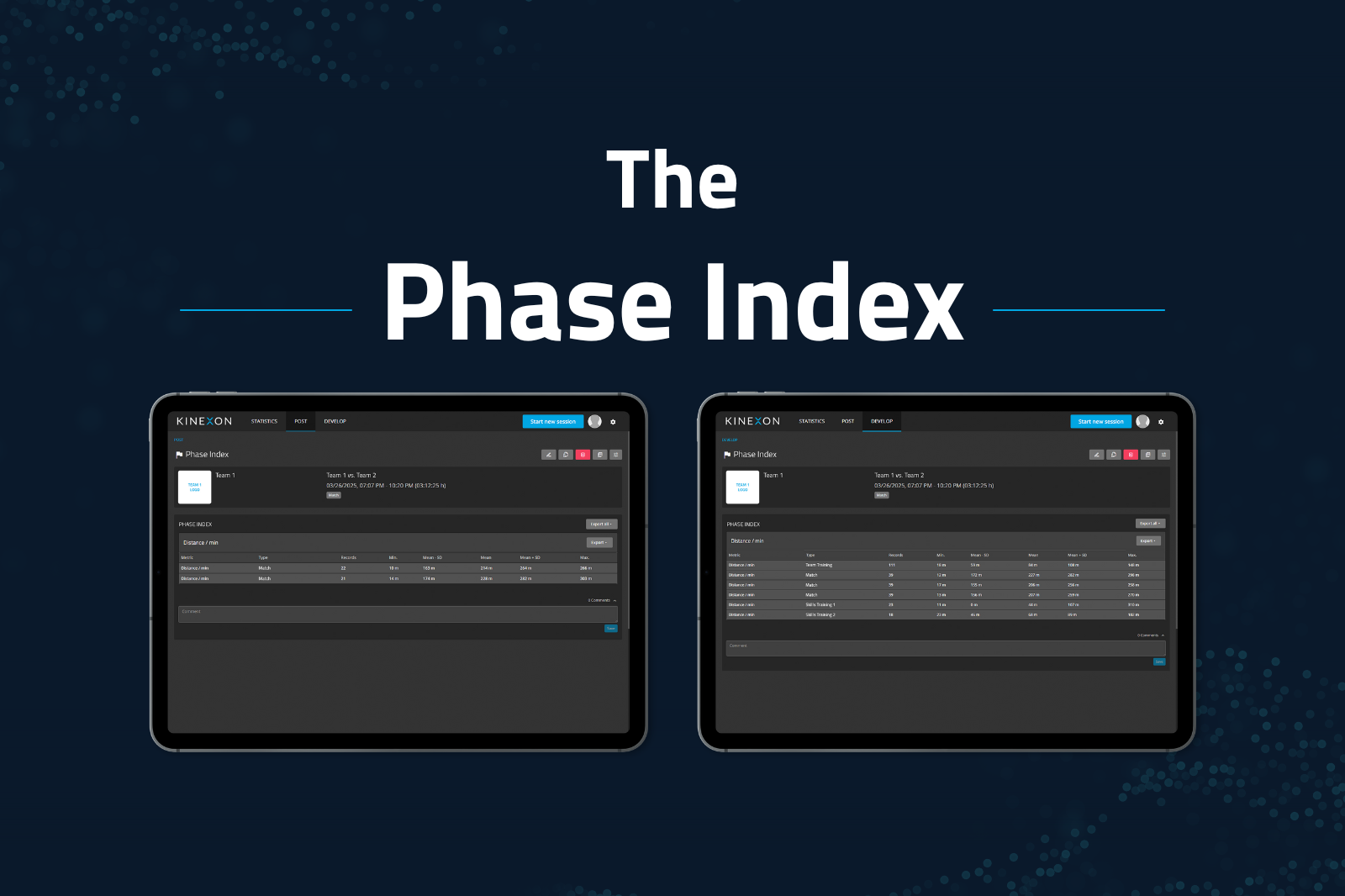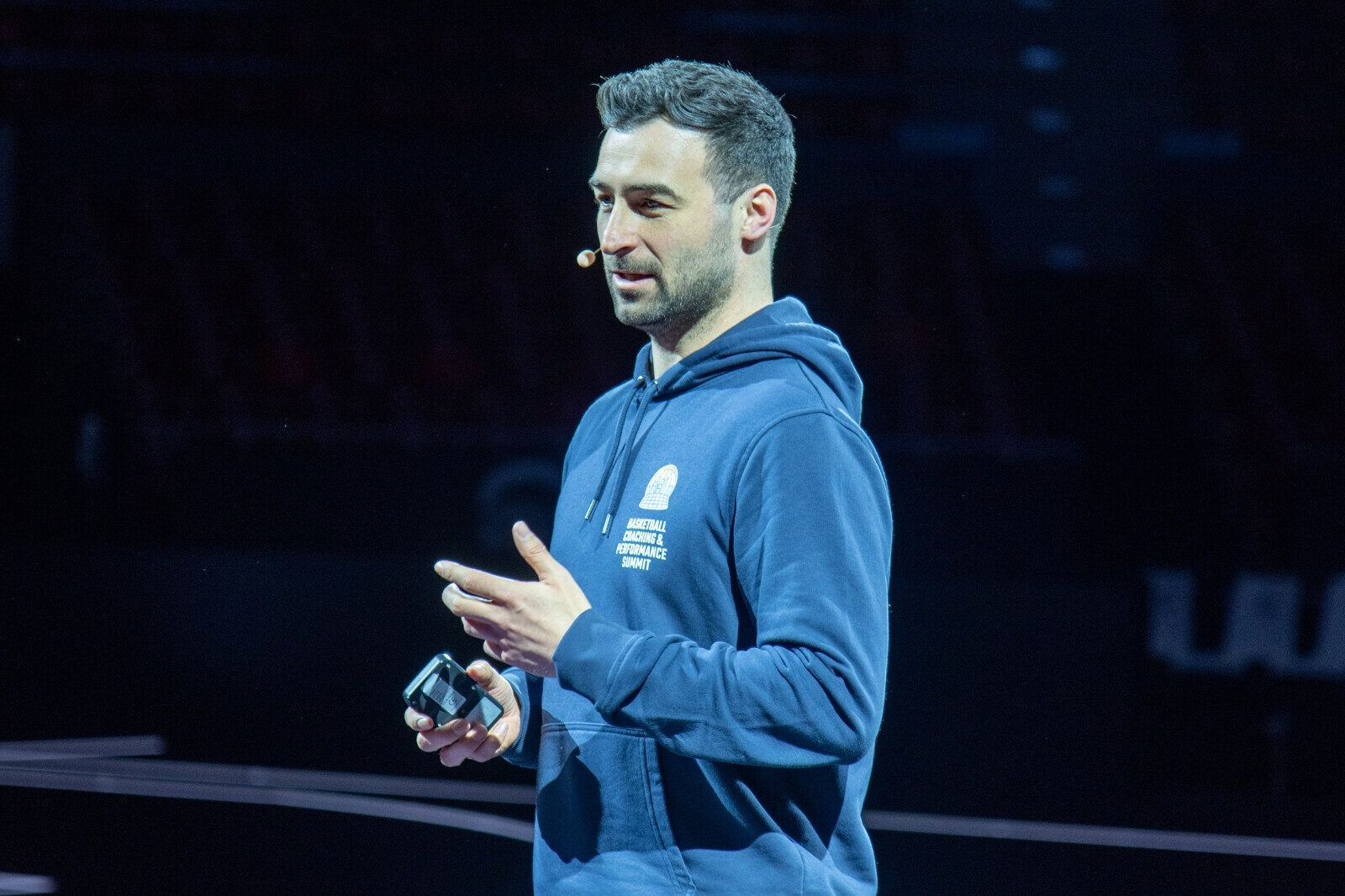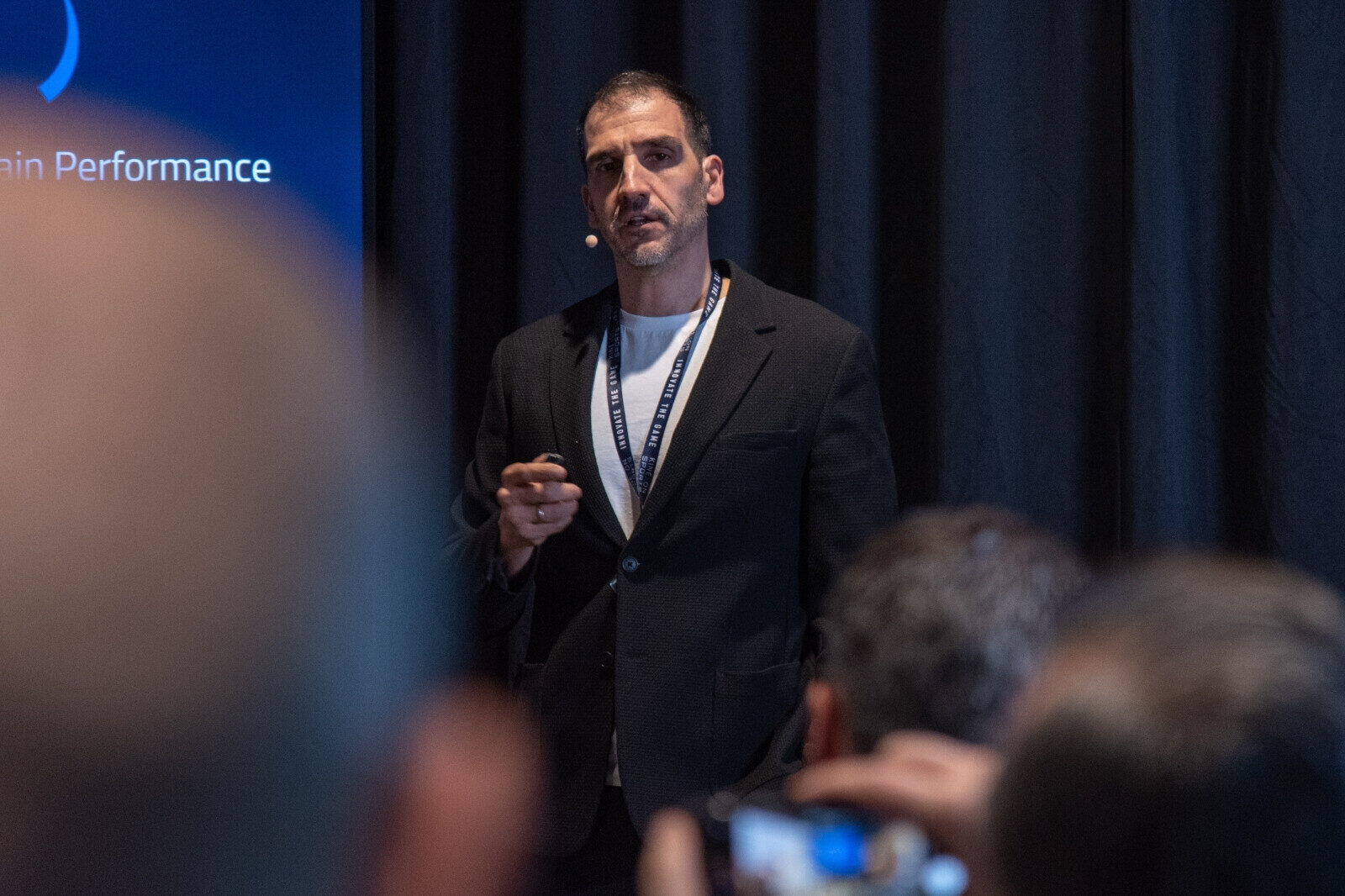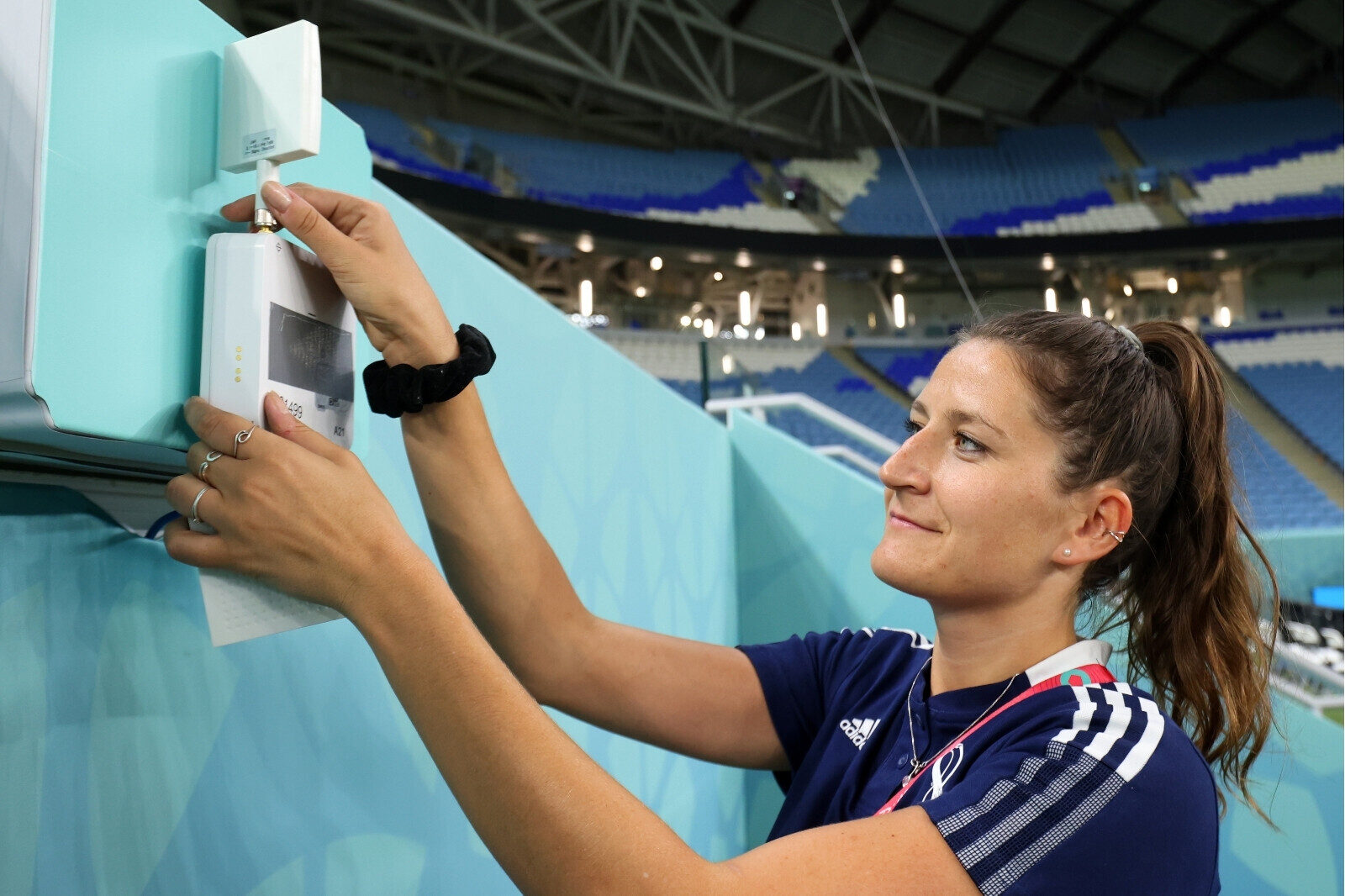What the Future Holds for Sports Performance Analytics
The Sports Performance Data and Fan Engagement Summit is held in London, Great Britain. One of the topics that always seems to come up is the next generation of quantified sports innovations. Here’s what we learned.

The Sports Performance Data and Fan Engagement Summit is an event that brings together the top coaches and digital curators from across global sport, in one room.
It is a unique opportunity to learn from the experts how data and AI can help drive sports sponsorship and fan engagement. The summit covers topics such as text analytics, social media, stadium analytics, and more.
Summit Features a List of Sports Data Experts

There was an array of coaches and sports data experts at the event, including:
- Giles Lindsay (National Lead for Performance Analysis, England & Wales Cricket Board) Darren Burgess (Director of High Performance, Arsenal FC)
- Michael Collier (Head of Human Performance, McLaren Applied Technologies)
- Matt Parker (Director of Performance Innovation, EIS)
- Maximilian Schmidt (Co-Founder & Managing Director, KINEXON Sports)
They took turns joining panels and discussing with moderator Callum Repper (Human Performance Consultant, Sports Innovation Network) the following topics:
- From wearables to smart clothing and equipment, new technologies are allowing coaches and sports teams to make informed decisions around athlete performance.
- What technologies are being used to measure and track performance, health and nutrition for elite athletes?
- How are we using these technologies to determine the magnitude of influence of each variable on performance outcomes?
- How to correlate multiple variables to determine cause and effect in performance. Breaking performance down into separate entities (e.g. biomechanics, body composition, hydration etc.) to generate marginal gains. How can these variables be targeted and manipulated?
- Using legacy data to determine what’s important to track in the competitive environment
- Making strategic investments in technology to drive results in sports competitions
The key finding of this discussion: Technology and innovation in sports is way too often applied in order to acquire data and information while users struggle to understand the true value of it.
After this learning experience for many clubs, there is a clear tendency to less quantity but rather more quality in technological innovation. Innovation and thereby sports analytics should always have the purpose to answer crucial questions for teams and their coaches.
